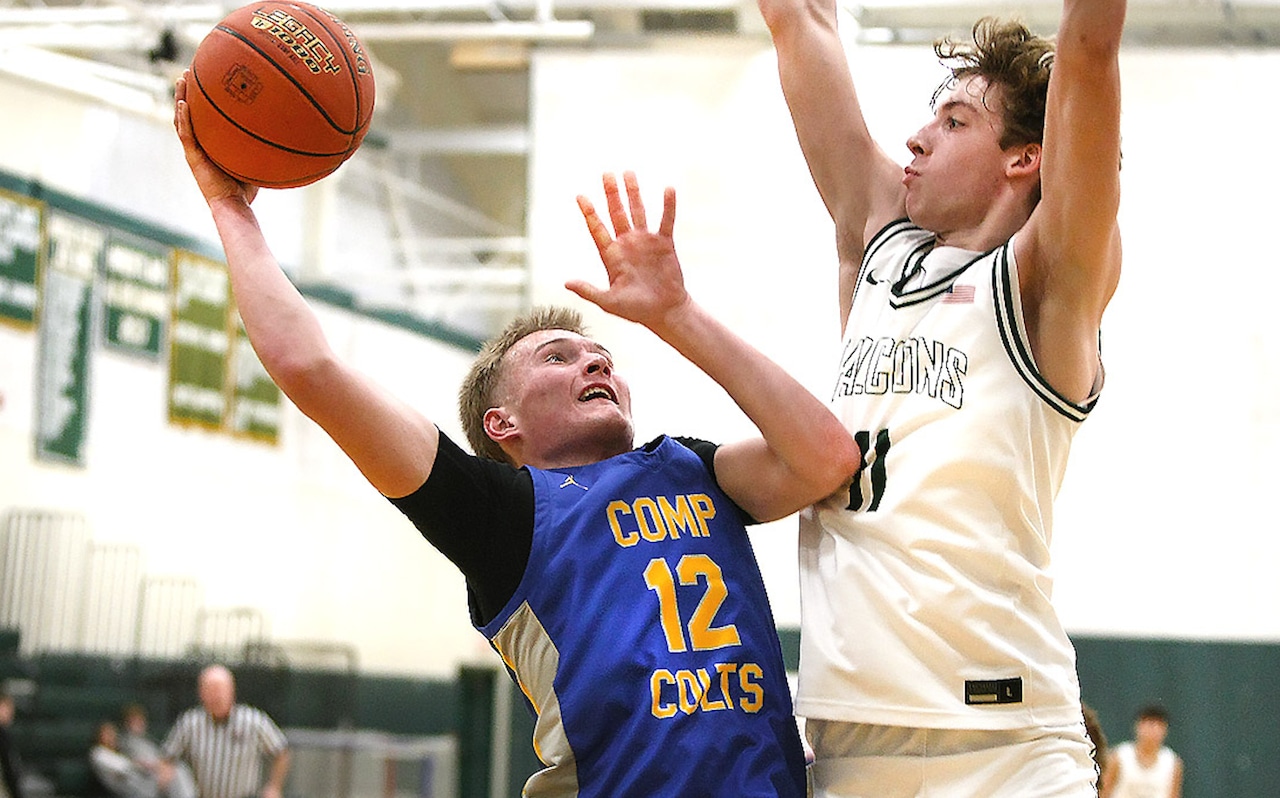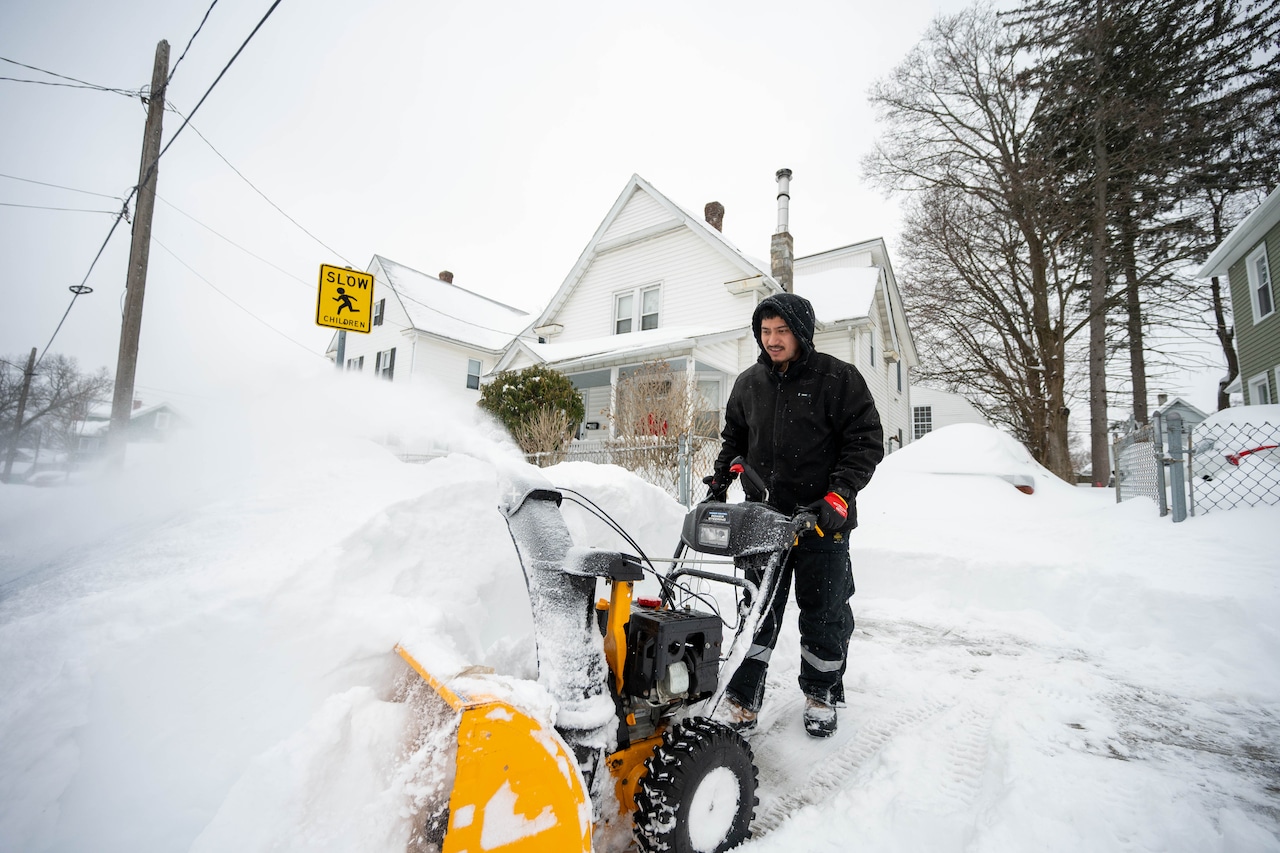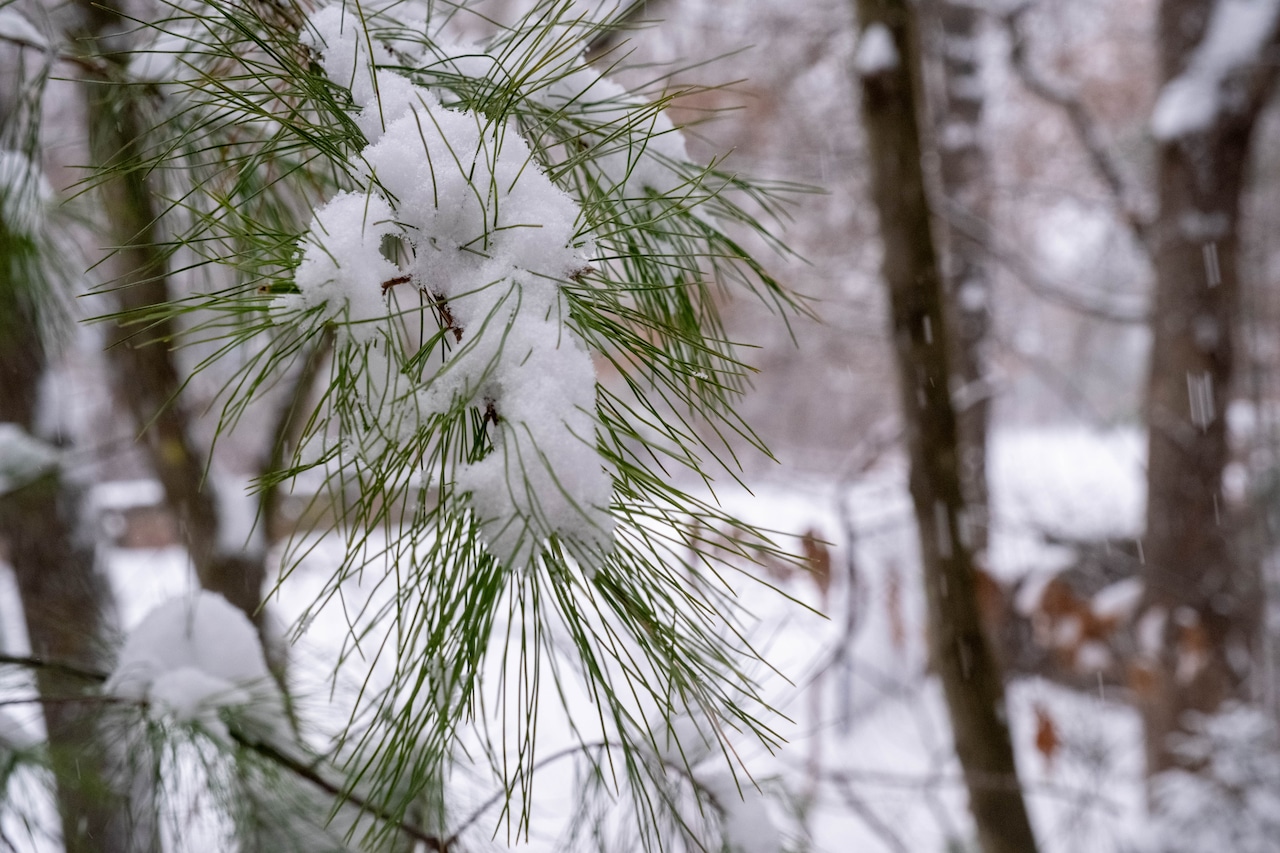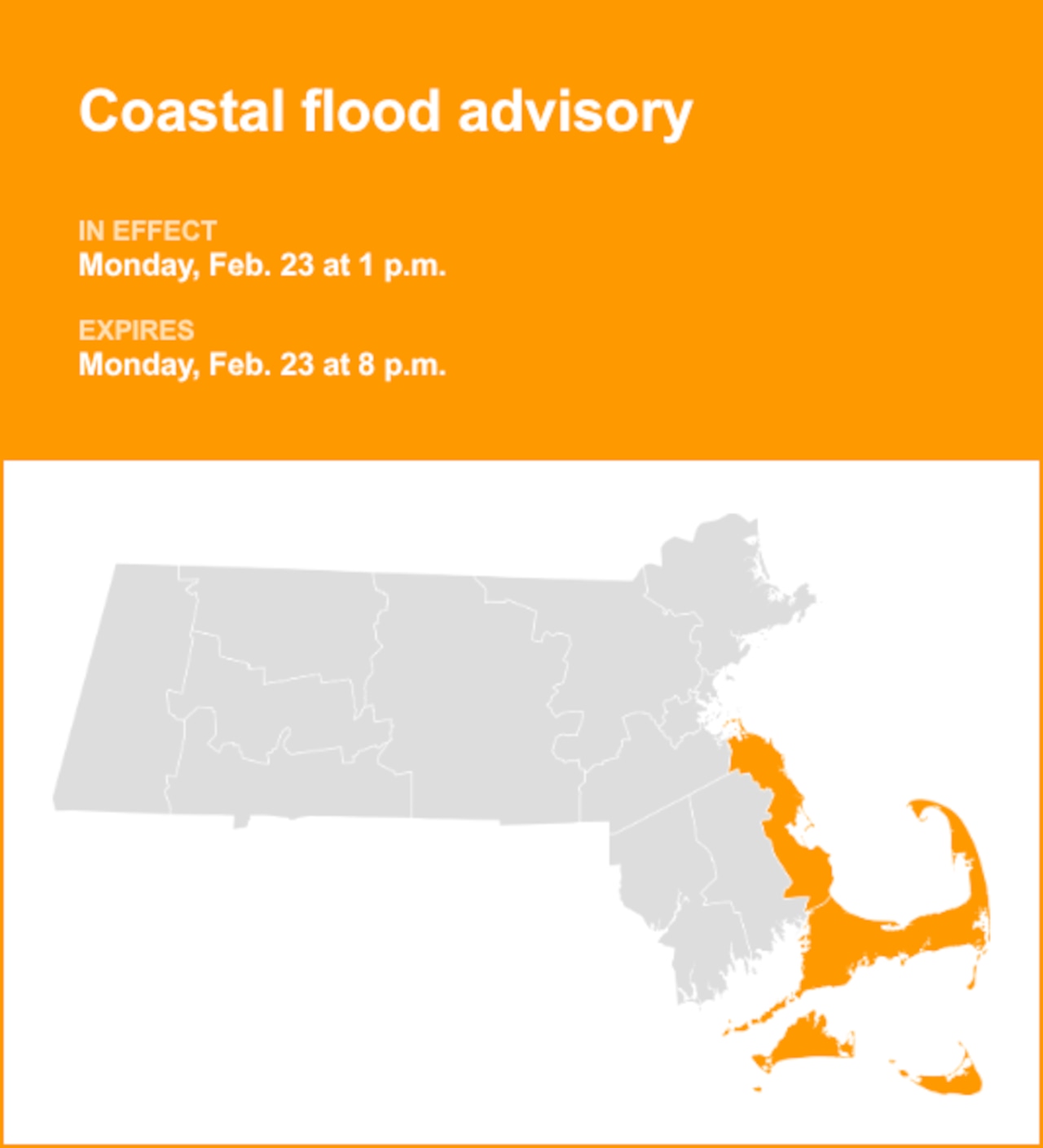In recognition of Native American Heritage Month in November, MassLive asked readers to identify Indigenous leaders in Massachusetts who are making a difference across the state.
President George H. W. Bush approved a resolution designating November as “National American Indian Heritage Month” in 1990. Proclamations under similar names have been issued each year since 1994.
The people below were identified for their inspirational leadership in their communities and organizations, and are being recognized for their accomplishments and commitment to inspire change.
If you know of an Indigenous leader in Massachusetts you believe deserves to be recognized in the future, please fill out this form.
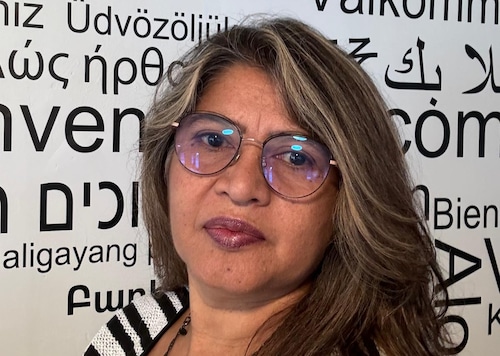
Katia Regina DaCunha (Courtesy image)Courtesy image
Katia Regina Da Cunha
Age: 54
Community: Cape Cod
Her story: When immigrant families and individuals arrive on Cape Cod, Katia Regina Da Cunha‘s organization is there to make their adjustment as seamless as possible.
Since its founding five years ago, Latinx in Action has offered English classes from its locations in Hyannis, Yarmouth, Provincetown and Falmouth. It also offers advocacy for those in need, referrals to social services and legal aid organizations, meals and support groups.
Born in Brazil and of Native Brazilian heritage, Regina Da Cunha said she has been socially active from a young age.
Since arriving in the United States in 2003, she and her husband have assisted immigrants in various ways. For 10 years, she has been a counselor and advocate for domestic violence victims at the Barnstable-based organization Independence House.
Latinx In Action, which she founded and runs, “is a space where we seek to welcome all people regardless of country of origin, religion, color or race.”
A majority of the immigrants the organization serves come from Brazil, the Dominican Republic, Ecuador, Haiti, Jamaica and Guatemala, Regina Da Cunha said.
The organization recognizes “that many immigrants are survivors of trauma, whether the trauma they fled, the trauma they experienced on their journey here, or the trauma they experienced after they arrived,” she said. The group’s full body of work operates through that understanding.
On her desk, Regina Da Cunha keeps a quote from Audre Lorde, the writer and activist, that has guided her through troubled times: “I am not free while any woman is unfree, even when her shackles are very different from my own.”
In her words: “Everything does have a purpose. So, if you have power in your hands to do something good for another human being do it, please. It is our obligation; it is our duty to.”
— Will Katcher
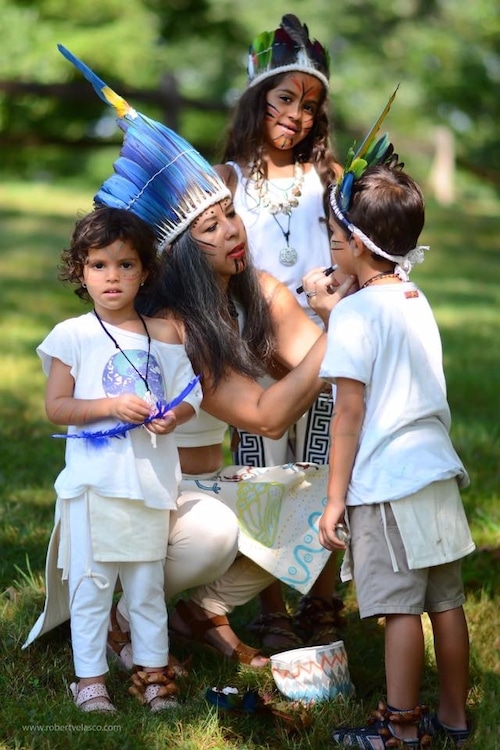
Darlene Flores with her family. (Courtesy photo)Darlene Flores
Darlene Flores
Age: 47
Community: Newton
Her story: Dr. Darlene Flores is a traditional healer, chiropractic physician and educator on the culture and history of the Taino people, the native people of the Caribbean.
Flores was raised in Newton, where she currently lives and is raising her three children. She was introduced to chiropractic medicine while serving in the Army and after her last deployment, and she obtained a doctorate degree from Life Chiropractic College West in Hayward, California.
Flores previously practiced in Puerto Rico, but after Hurricane Maria in 2019, she opened Karaya Wellness Clinic in Brookline.
In addition to her chiropractic practice, Flores is an Adahi’abo, or medicine hand, a traditional medicine keeper for the Taino Higuayagua Caribbean tribe, following the legacy of her grandmother Irene, a traditional curandera.
Flores is an advocate for holistic medicine and the preservation of Indigenous culture, especially that of her own tribe. She is one of the founding members of Newton’s Indigenous Peoples Day, and helped to organize the fourth annual ceremonial celebration in October.
The free event celebrates native music, dance, poetry and visual art. The theme for the 2024 event was “Honoring our Mothers,” honoring both matriarchs and “Mother Earth,” and featured more than 70 indigenous vendors.
Flores also helps coordinate intertribal youth events, including an annual Intertribal Youth Ski Day trip that began in March 2023. The event gives youth from the Mashpee Wampanoag, Narraganset, Nipmuc and Taino communities an opportunity to take a bus to Whaleback Mountain in Enfield, New Hampshire, for a free ski or snowboarding lesson, equipment rental and lift ticket. It also featured an opening and closing ceremony led by the youth participants.
In her words: “Look at the youth, guide them gently and be their biggest advocates. Promote respect, authenticity, tradition, family and self-love. … Be a warrior while elegantly walking the walk.”
— Tréa Lavery
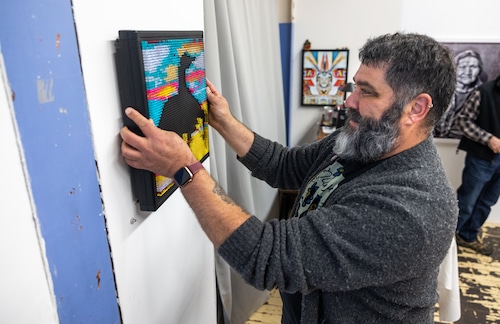
Jason Montgomery, founder of 50 Arrow Gallery, fixes the artwork during the Easthampton Art Walk Thursday evening, Mar. 9, 2023. (Hoang ‘Leon’ Nguyen / The Republican)
Jason Montgomery
Age: 46
Community: Holyoke
His story: Jason Montgomery began his work as a writer, painter and playwright when he recognized the lack of representation and voice for Black, Indigenous and people of color — especially Hispanic and Latino communities — in the arts.
A Chicano and Indigenous Californian artist, Montgomery emphasizes community and cultural pride in their work and explores themes of cultural identity, social justice and the struggles faced by marginalized communities.
Topics include immigration, identity and resilience. Montgomery said the themes help foster a deeper understanding of the Hispanic and Latino experience and empower community members through visibility and inclusion.
In 2016, he cofounded Attack Bear Press in 2016 with Alexandra Woolner, and later, 50 Arrow Gallery in Easthampton, Massachusetts. Each space promotes social equity and inclusion, showcasing the work of underrepresented artists, he said.
Montgomery said their work is “a reflection of his commitment to exploring and expressing the complexities of identity, social justice and the lived experiences of marginalized communities.”
In their words: “Don’t be afraid to challenge the status quo and push boundaries. Art has the power to provoke thought and inspire action, so use your platform to address issues that matter to you and your community. Remember, the work you do is not just about creating art; it’s about fostering understanding, inclusion and social equity.”
— Juliet Schulman-Hall
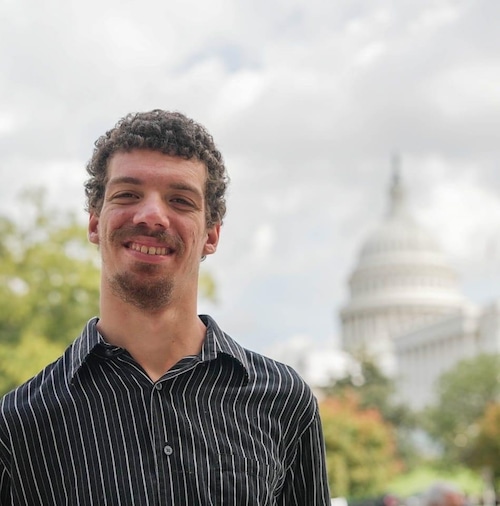
Cody Rooney is a disability rights activist. (Contributed photo)Contributed photo
Cody Rooney
Age: 25
Community: Amherst
His story: Cody Rooney’s passion for disability and youth rights began before the pandemic. But witnessing social injustice during the pandemic ignited his “hardcore passion for what I do today,” he said.
Rooney is focused on creating an equal and inclusive society with accessibility as a key component, he said.
He was re-elected as the vice-chairperson of the Executive Committee of the Massachusetts Developmental Disabilities Council in September and has worked with Partners for Youth with Disabilities as a fellow and peer leader for the Youth Leadership Forum, among other work, according to the committee website.
He credits his Native American culture for giving him the encouragement to work in activism.
“If it wasn’t for all the good words and the good feelings, I don’t believe I would be where I would be today,” he said.
In his words: “Make sure your heart is in the right place. Because if it’s not, it’s really easy for people to tell.”
— Juliet Schulman-Hall
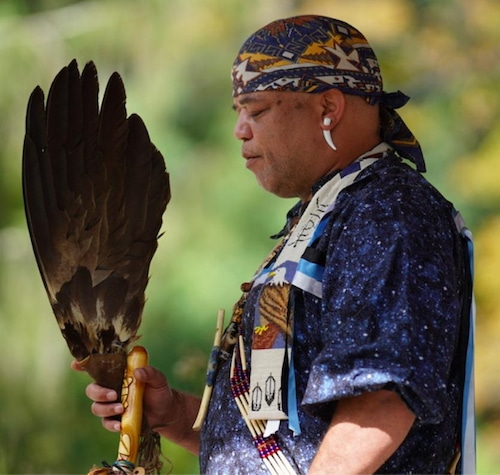
Shawn Stevens (Courtesy photo)Courtesy photo
Shawn Stevens
Age: 54
Community: Works in the Berkshires, lives in Bowler, Wisconsin.
His story: For 20 years, Shawn Stevens has worked to reconnect with his people’s ancestral lands in Massachusetts.
Enrolled with the Stockbridge-Munsee Band of Mohicans, based in Wisconsin, Stevens visits the Berkshires throughout the year “to build relationships between the Mohican people and local residents, fostering greater understanding of the region’s Indigenous history,” he said.
Stevens hosted the first powwow in Pittsfield after leading a Mohican drum group from their reservation in his hometown of Bowler, Wisconsin, in 2006. Pittsfield’s then-mayor, James Ruberto, presented the group with a key to the city. For Stevens, this moment sparked his “dream to bring more Mohican people back to their ancestral lands in the Berkshires,” he said.
He is also a co-director of Alliance for a Viable Future, based in the Berkshires, along with fellow co-director Lev Natan.
Since 2020, he‘s helped organize Great Barrington’s annual Indigenous Peoples Day Ceremonial Walk. This effort’s goal has been to bring Mohican people and local residents together to “build solidarity between communities,” he said.
“This walk is about coming together in a spirit of healing, both for the land and for all people,” he said. “It’s a reminder that we are all connected and that our actions today will shape the world for future generations.”
Stevens has worked with people in the community, including spiritual centers and churches to build alliances with Indigenous and non-Indigenous organizations. Part of his mission has been environmental conservation, addressing climate change and pollution, he said.
He also speaks at public and private schools and colleges throughout the Berkshires to give an accurate account of his people’s history.
“Education is a powerful tool for healing,” he said. “By sharing our stories, we can build bridges of understanding and respect.”
Among the tribe’s leadership, he served as Chairperson of the Tribe‘s Language and Culture Board for 20 years. He also served as Vice Chair of the Tribe’s Repatriation Committee, “working to return sacred items and ancestral remains to their rightful places,” he said.
“My diverse experiences and deep commitment to my culture reflect my lifelong dedication to the preservation, education and well-being of my people,” Stevens said.
In his words: “Patience and persistence are essential. Whether you’re working on language revitalization, repatriation, or leading community initiatives, the journey can be long and challenging. Change doesn’t happen overnight, and you might face obstacles from both inside and outside your community. Stay committed, remembering that each small victory — be it the return of an ancestral artifact or one child learning a traditional song — matters. These efforts add up over time to create a lasting impact.”
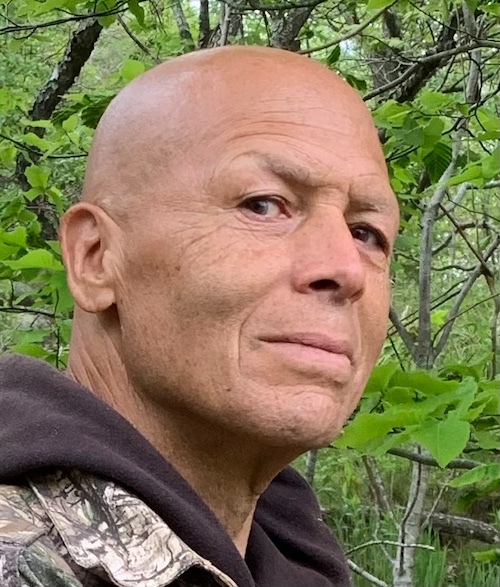
David Two Arrows Vanderhoop is the founder of Sassafras Earth Education, a nonprofit that seeks to connect people with the earth and restore Indigenous ways of life.Courtesy of David Two Arrows Vanderhoop
David Two Arrows Vanderhoop
Age: 69
Community: Aquinnah Wôpanâak (on Martha’s Vineyard)
His story: David Two Arrows Vanderhoop was born in Gay Head (Aquinnah) in 1955, a then-small Wôpanâak community.
“We were raised living off the land and had to help with hunting, fishing, gathering during each different season,” he said. “Learning traditionalist skills and always being outside gave me many gifts and strengths that most youths today are missing.”
Vanderhoop founded the nonprofit Sassafras Earth Education in 2003 with his wife because they wanted to give children these opportunities, he said.
Sassafras Earth Education is on Aquinnah on the island of Nôepe. The organization’s mission is to “reconnect people with the Earth and restore Indigenous ways of life, cultivating responsibility, leadership, and truth,” he said.
Vanderhoop started to speak more about the genocide of the Wôpanâak tribe, he said. His organization also created pathways for social justice, truth and building cultural competency.
The organization now offers training for Indigenous adults and the general public, he said.
At Sassafras Earth Education there are two key initiatives. One of them is the Return to the Land and the LandCulture Project. This project is a decolonized educational program.
The LandCulture Project focuses on restoring ecosystems using traditional Indigenous knowledge and practices before colonization.
In his words: “A vitally important practice that I have for many years now, and that keeps me sane, is to sit on the land first thing in the morning. I greet grandfather sun, the birds, and all my relatives around. As a community leader, it is so important to keep our spirit healthy and strong and as people we often fall short in our own or in others eyes. Mother Earth always gives us love and encouragement unconditionally.”
— Alvin Buyinza
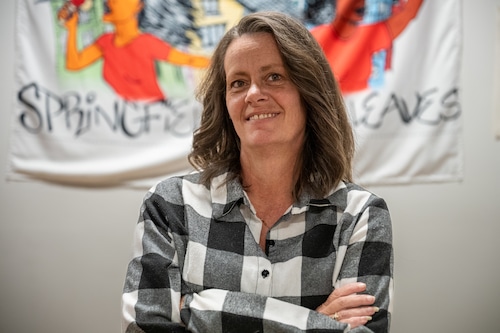
Rose Webster-SmithSebastian Restrepo
Rose Webster-Smith
Age: 47
Community: Springfield & Western Massachusetts
Her Story: After her home was foreclosed on by Freddie Mac, Rose Webster-Smith took action to begin the process of fighting the foreclosure in the wake of the 2008 financial crisis.
Webster-Smith joined the organization Springfield No One Leaves (SNOL) as a member in 2011.
“I came on staff as an independent contractor to organize three actions with the Fannie/Freddie Fighters in Springfield, New York City and Washington, D.C.,” Webster-Smith said.
Webster-Smith was then elevated to the role of a junior organizer in 2015, and eventually took over the organization in 2016.
She added she won back her home a year later in 2017 with help from the non-profit financier and lender BlueHub Capital.
As the director for the grassroots group, Webster-Smith said SNOL focuses on economic injustices and the housing crisis, especially for those facing eviction and foreclosure.
“The work we do is important because housing should be a human right and not a commodity to profit off of,” Webster-Smith said, adding “[P]eople who help to build their communities should not be priced out of the communities that they helped to build.”
Earlier this year, state Sen. Adam Gomez, D-Springfield, nominated Webster-Smith as a 2024 Commonwealth Heroine, dedicating the nomination to her “years of selfless work helping constituents with the housing court system” and “teaching them about their rights and how to navigate a difficult system.”
In late 2023, The Republican newspaper profiled an example of SNOL’s efforts to keep a mother and her two children in her home of 17 years when faced with eviction after falling on hard times.
In her words: “Housing is hard and complicated and any organization taking on this work needs very strong infrastructure in place to do this work and do it well.”
— Chris McLaughlin



